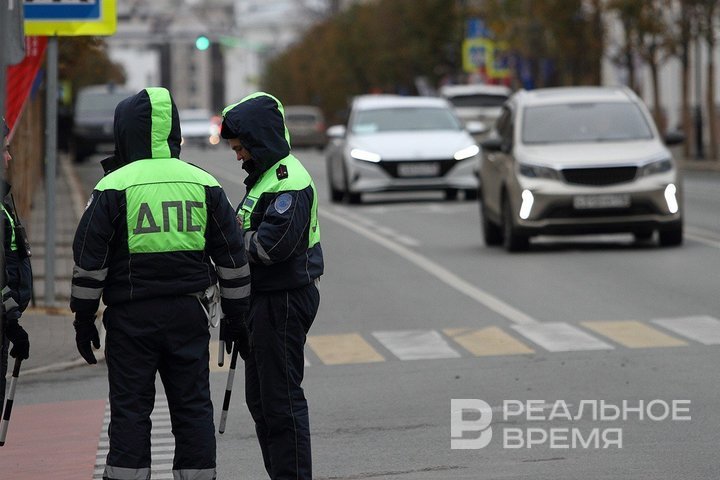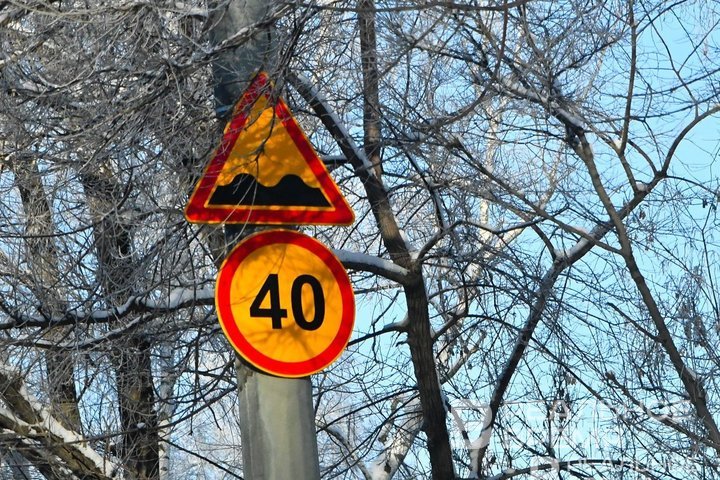Ayrat Farrakhov on the new distribution of traffic police fines from the regions: ‘I'm more concerned about where these 25% will go?’
The Russian Ministry of Finance wants to oblige the regions to give part of the amount from fines for traffic violations to the country's budget

Russian regions may lose 25% of their income from traffic police fines. The country's Ministry of Finance, against the backdrop of an increase in the amount of fines from drivers proposed redirecting part of the funds to Moscow to replenish the federal budget. “You know, even before, not all 100% of the money went to regional budgets,” said Ayrat Farrakhov, a State Duma deputy from Tatarstan. Realnoe Vremya investigated how the regions will react to such changes, what these amounts will go to and whether this will become a burden for drivers.
“Regions already have a hard time”
The discussion of increasing fines for traffic violations raised the question of distributing revenues from them between regional and federal budgets. The Russian Ministry of Finance proposed reducing the regions' share from 100% to 75% sending the remaining 25% to the federal budget. The corresponding amendments to the Budget Code were approved on 9 December at a meeting of the government commission on legislative activity, a source in the Cabinet of Ministers confirmed to RBC news agency.

The lawyer believes it is necessary to change the tax system leaving the bulk of tax revenues in municipal budgets. In his opinion, municipalities are currently experiencing an acute shortage of funds for road repairs, lighting and other urgent needs due to the large outflow of funds to the federal budget.

It should be reminded in 2023, Russian regions received more than 119 billion rubles from fines for traffic violations. Although Moscow (22.7 billion rubles), the Moscow region (14.5 billion) and Saint Petersburg (6.5 billion) topped this rating, Tatarstan took fourth place with 3.7 billion. It is followed by the Sverdlovsk region (3.6 billion) and Bashkortostan (3.3 billion).
They will pay more
In addition, the government plans to significantly increase traffic police fines by an average of 50%. According to Kommersant, the most noticeable for drivers will be the increase in the fine for speeding by 20-40 km/h from 500 to 750 rubles, as this is the most common violation.
“I represent the Federation of Russian Car Owners, and our main goal is to reduce the cost of maintaining a car. Therefore, increasing fines is contrary to our principles,” noted Kopvillem.
Deputy Farrakhov, on the contrary, advocates finding additional measures to hold drivers accountable:
“Fines are not a way to replenish the budget, but a measure designed to reduce traffic violations. But here is the problem. There are more and more fines, the amount is huge, but the number of people killed on the roads is not decreasing — significantly higher than in developed countries. This indicates two things: people ignore the rules, and it seems that the fines themselves are ineffective as a preventive measure. We need to find other methods to reduce the number of violations.”

In addition, it is proposed to reduce the discount for prompt payment of a fine from 50% to 25%.
“Look at the fine for speeding: it used to be 500 rubles, now they are offering 750. Even with a 25% discount, it will be 562 rubles. That is, the fine is still increasing. If earlier the discount was 250 rubles (50% of 500), now it will be only 187.5 rubles (25% of 750). It turns out that the fine actually increased by 250 rubles, despite the discount,” the lawyer summed up.
Vedomosti also reports plans to increase fines for not wearing seat belts (from 1,000 to 1,500 rubles) and for drunk driving or handing over control without documents (from 30,000 to 45,000 rubles).